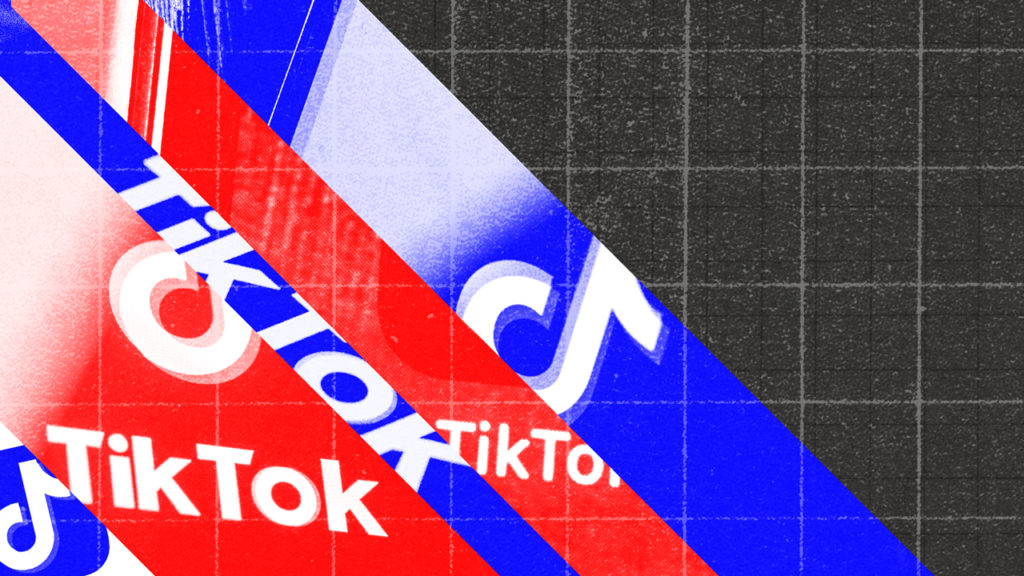Originally published on ION.
(Editor’s note: AList is published by a.network. To get up to speed on the rapid changes affecting the influencer marketing landscape, click here.)
TikTok was downloaded over 104.7 million times since January 2019 and has amassed more than 1.65 billion downloads to date, according to Sensor Tower. What’s more, the app grossed nearly $177 million globally in 2019 and it recently announced the opening of a permanent Los Angeles office, reflecting its commitment to scale its US presence. In short: TikTok is taking over.
Although TikTok only recently launched an advertising process and hyperlinking capabilities for brands, many brands are seeking out top TikTok creators to promote their products and services. TikTok currently offers ad formats such as promoted hashtag challenges, in-feed native videos, influencer packages, brand takeovers and top-view videos.
According to Forbes, for a one-day buy of $50,000, a brand takeover ad is guaranteed five million impressions a day via a three to five-second long video that encourages users to click-through to an external or internal destination.
TikTok is slowly making it easier for brands to find influencers that align with their ethos. Last year, TikTok launched the Creator Marketplace, a program that brands can use to browse over 1,000 of the app’s top creators through filters like follow count, location, topics and insights on the audience reach. Yet the program, which is still in beta tasting, lacks automation and only offers marketers the reach and average view count of an influencer’s videos, metrics that aren’t as insightful as engagement.
Brands getting in on the TikTok action have their eyes set on the app’s undisputed king, Zach King, the 30-year-old creator who, in 2016, started posting six-second video “magic vines” to Vine that make it look as though he’s performing magic. King’s efforts have landed him 34.7 million followers and 326 million likes on TikTok.
Universal Pictures, BMW, Chipotle and the Cash App have all called on Zach to create one of his popular digitally edited videos. To create buzz around its Dolittle movie, Universal Pictures enlisted King to make a video that shows him creating a sidewalk chalk image of a polar bear that comes to life, scaring off passersby. The hashtags #ad and #TalkToAnimals accompanied the video, which generated 2.9 million likes and 7,600 comments.
For BMW, King’s mission was to highlight the car maker’s new x7 ZeroG Lounger models. In the video, King and his friend visit the BMW dealership. Intrigued by a roped off x7 ZeroG, King’s friend tries gaining access to the inside. King waves his hand and his friend magically appears in the car’s driver seat only until a security guard notices their shenanigans. The video received 1.8 million likes and 1,300 comments.
Digital shopping app Flip Fit, which sends users clothing based on their brand preferences and interactions with friends and followers, launched a major influencer marketing campaign in October 2019 that included TikTok. Flip Fit’s user experience is similar to TikTok so it only made sense for the social retail platform to flex its muscles there. Part of Flip Fit’s TikTok lineup included Marina Leigh, who has 1 million followers and 18 million likes. In partnership with Flip Fit, Leigh created a video showing how to use the app on her phone then trying on different clothes that she received through Flip Fit’s service, highlighting via text the free delivery and free returns/shipping features. The video received 2,178 likes.
TooFaced, the beauty brand known for its robust influencer marketing approach on social, has also joined the TikTok influencer landscape. Recently the brand partnered with Kristen Hancher, the beauty and lifestyle influencer with 23.4 million followers who transforms her appearance by wearing a different colored wig and matching makeup look each week. Wearing purple hair, Hancher captured a selfie video and upon shaking the camera, showed how her lashes looked after applying the TooFaced Better Than Sex Mascara. The video received 63,000 likes and nearly 300 comments.
A quick Google search will yield a list of the top TikTok influencers, but how can brands working within a budget find micro-influencers on the platform? Enter: Fanbytes. The first dedicated TikTok platform uses machine learning and neuro-linguistic programming to assist brands in discovering over 500,000 influencers with the accuracy of different search goals. Fanbytes has been used by brands like Pretty Little Thing, Warner and Universal Studios.
For brands to understand whether their influencer ad spend on TikTok is successful, however, TikTok must provide more in-depth stats like Instagram and YouTube do currently. Brands that want in on TikTok should also keep in mind that TikTok influencers prioritize authenticity over quality, making TikTok not a one-size-fits-all social media marketing approach.


